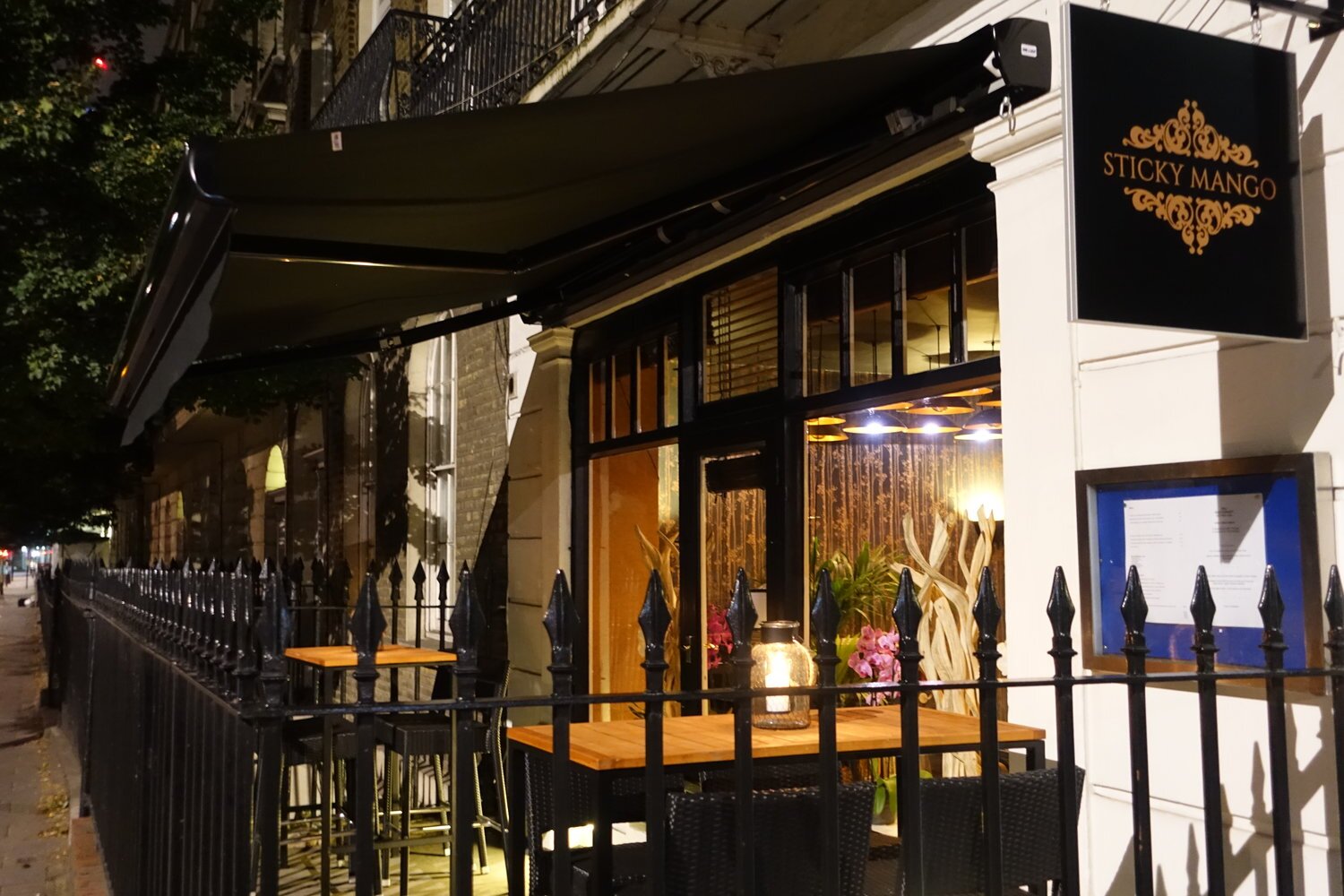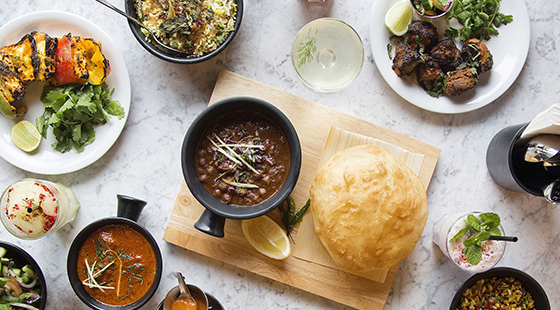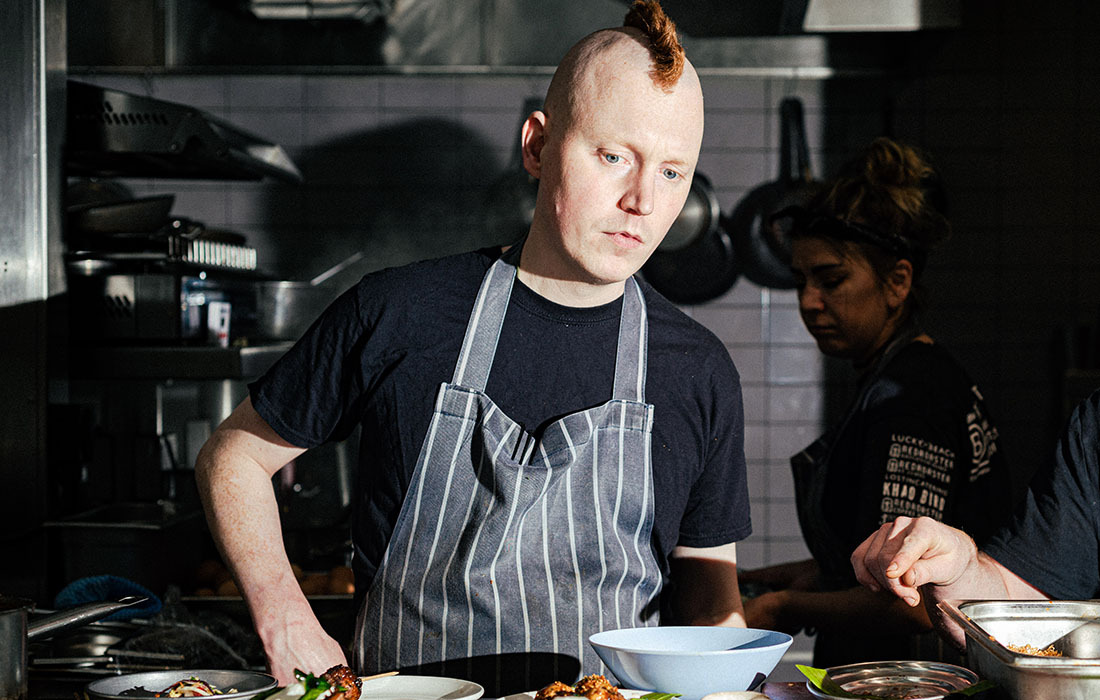‘Novelty’ of takeaway wears off for second Covid lockdown
The second national lockdown in England is proving tougher than the first for some hospitality operators who say a drop in demand for takeaways has made it impossible to keep trading.
Though delivery helped many through the first shutdown, some chefs say the ‘novelty’ appears to have worn off for customers.
Bruce Rennie, chef-owner at the Shore restaurant in Penzance, was offering takeaway meal kits but has now closed the entire business until February due to a lack of demand.
“On a typical summer’s day the restaurant might turn over £2,000, but on a busy takeaway day I’m taking about £150,” he said.
“I’m making a loss by making this stuff. Some people are doing takeaway brilliantly, but the novelty round here has worn off. It’s a hard socioeconomic environment, people’s finances are hit.”
He added that the restaurant had been struggling due to the seasonal nature of Cornish hospitality. “I’m almost certain my business wouldn’t survive if I opened it up over the winter. Our season typically starts in Easter then drops off in October and it becomes horrendously quiet. We’ve gone from 24 covers to a maximum 12 due to social distancing.
“For the past five years I’ve been working 75 hours a week for a salary of about £8,000. The only reason you keep doing that is hoping the business will take off. This year was looking good, but it isn’t going to happen now.”
The changes to the Job Retention Scheme have proved a mixed blessing for the industry, with some using the flexible furlough to offer takeaway a few days a week.
Yummy Pub Co is selling dishes and recipe kits for collection Thursdays to Saturdays across three of its sites, and has so far seen strong sales.
Pasta Remoli said it has also seen a rise in demand for takeaway across its four London locations in Stratford, Wembley, Finsbury Park and Ealing. The restaurants are selling black truffles and DIY meal kits, which have been popular with returning customers.
But other operators said the requirement to pay national insurance and pension contributions on furlough salaries made it unaffordable to stay open for delivery.
Sticky Mango restaurant in London’s Waterloo (pictured) started offering takeaway via Deliveroo and Just Eat this month, but stopped after 10 days.
“The gap between this lockdown and the last is huge,” said chef-owner Peter Lloyd.
“The grants being offered don’t scratch the surface to cover the basic costs of keeping the business alive. Takeaway is competitive, and with high commission rates and food and wage costs, there is just no money in it.”
Charlotte Bennett, director at Healing Manor hotel in Grimsby, North East Lincolnshire, said the takeaway market was now “completely saturated” with almost all restaurants in the area offering a similar service.
She said: “During lockdown one, we were lucky in one sense to have a large slice of the market share. We were seeing up to 350 pre-booked covers a day, but now it is more sporadic and we are doing only 100-200 covers, and even less on some days. This time around, there’s a definite sense of unrest and the community spirit has dwindled slightly.”
The Peach Pub Company, which runs 20 sites across England, has decided not to offer takeaway at all this month, and has instead been cooking for local homeless charities.
Chris Stagg, operations director at Peach, said: “The demand has not been that strong, so we decided to let the guys have a chill-out month and get ready for Christmas, following a very busy three months.”
Many operators are now pinning their hopes on a busy reopening period in the first two weeks of December.
James Robson, chairman of Fallow in London’s Mayfair, said: “Summer takeout was good for us, but now it’s cold and miserable so there’s not as many people walking the streets.
“We’re hunkered down now, but almost fully booked for the first week of December. I’m envisioning a big bounce up until 15 December but am unsure beyond that. New Year is a big question mark with the 10pm curfew.
“To customers I would ask them to go online and book for December, because we need you.”
In Penzance, Rennie is looking beyond the winter with a view to reopening in spring.
He said: “I’m hoping to rebuild from February. It’ll be like starting the business from scratch, but hopefully by Easter if the restrictions are lifted enough, we’ll be able to start a slow bounce back.”


















